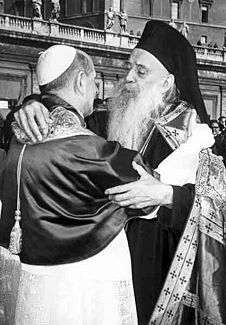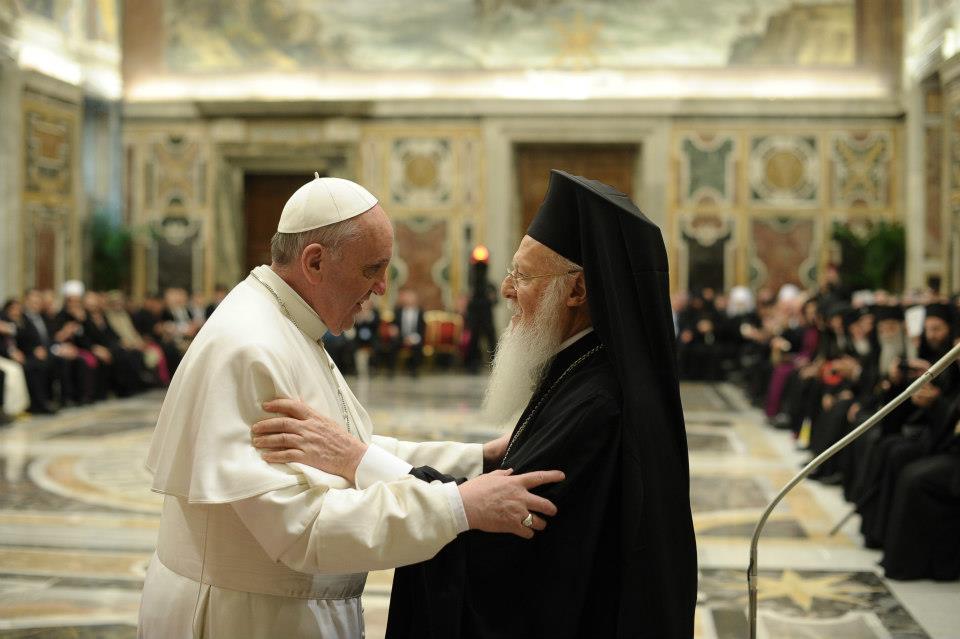I was listening to George Weigel's interview on the Pat Kenny show this morning, on RTE radio. While Pat often interviews various figures alone, including controversial ones, it seems George was not to be accorded the same style of interview: he was to be marked by liberal theologian Gina Menzies. So the interview was not an interview at all, but a debate.
If I had hoped for balance and openness in this debate, well I was deluding myself. The debate soon boiled down to an attack on the Catholic Church's position on the ordination of women - again the same old same old. Before long Pat and Gina teamed up and formed a two against one in good RTE fashion and grilled George on the Church's position. It is a credit to George's basic decency that he did not turn on them.
As usual Menzies was peddling misinformation with regard to scholarship - that the Catholic Church had investigated the ordination of women in the Church's history and could not find evidence that proved or disproved the ordination of women. George put her right by pointing out that the Church had investigated the nature of the diaconate to see if women were ordained deacons, and found that at no point in history had the Church ordained women deacons. When this fact came out Pat and Gina changed tactics. The "interview" was supposed to be about renewal in the Church, in the end it was a teenage rebellion against Church teaching.
To be honest, is it worth even posting on this? Given the anti-Catholic bias that is in RTE (sorry Patsy McGarry I do not accept your argument that there is no bias - there is and it is obvious). When it comes to Catholic issues and Catholic figures RTE is not interested in understanding, they just what to create controversy and get a bit of bashing in too. They do not allow the Church to speak on her own terms, but rather must always have someone to criticise and contradict (they call this "being balanced"), and often these are dissident Catholics who no longer hold the orthodox faith and are, for all intents and purposes, no longer in communion with the Church - and yet they are passed off as Catholics. Until very recently Gina Menzies was trading under the title of "Catholic theologian" until a real Catholic theologian exposed her and forced her to admit that she wasn't.
Let it be noted: the Catholic Church will not ordain women as priests - ever - not because she won't, but because she CAN'T. Whether the liberals like it or not, Jesus did not ordain women, and all the arguments in the world will not change that fact. The Church, then, has no authority to do so.
If people do not like that, if they want to be members of a church that has women clergy then the Catholic Church is not for them: it is time to leave and look somewhere else. And, taking the cue from Archbishop Martin, I would urge them to leave. Those ecclesial communities that have ordained women are losing members at a rapid pace, their churches are emptying - I am sure they would be glad of ex-Catholics to fill their pews.
The Catholic Church is not forcing anyone to stay: she will not force anyone to believe what she teaches, but she does expect people to be true to what they believe, and if people in the Church reject her moral, doctrinal and social teachings, her position on women priests, married priests, gay marriage, contraception and abortion, then the door is open: please go and leave the rest of us in peace!
But then again, I believe, that is exactly what they do not want to do: they would rather stay and make trouble than actually go and enter full communion with people of similiar beliefs. There is another force at work here, and it is not human.








